Otra vuelta en el calendario y el regreso a clases está a la vuelta del almanaque. Implica que toda la familia se involucre, en diferentes niveles, a la nueva rutina. Para cada quien será diferente la forma cómo se apegue a las nuevas dinámicas de la casa y de la escuela. Al igual que la anticipación que los niños con trastorno del espectro autista (TEA) necesitan para recibir nuevos aprendizajes y nuevas rutinas, hoy traigo a la luz en forma anticipada algunas ideas que pudieran ser de utilidad para preparar a nuestros niños hacia el camino de vuelta a clases.
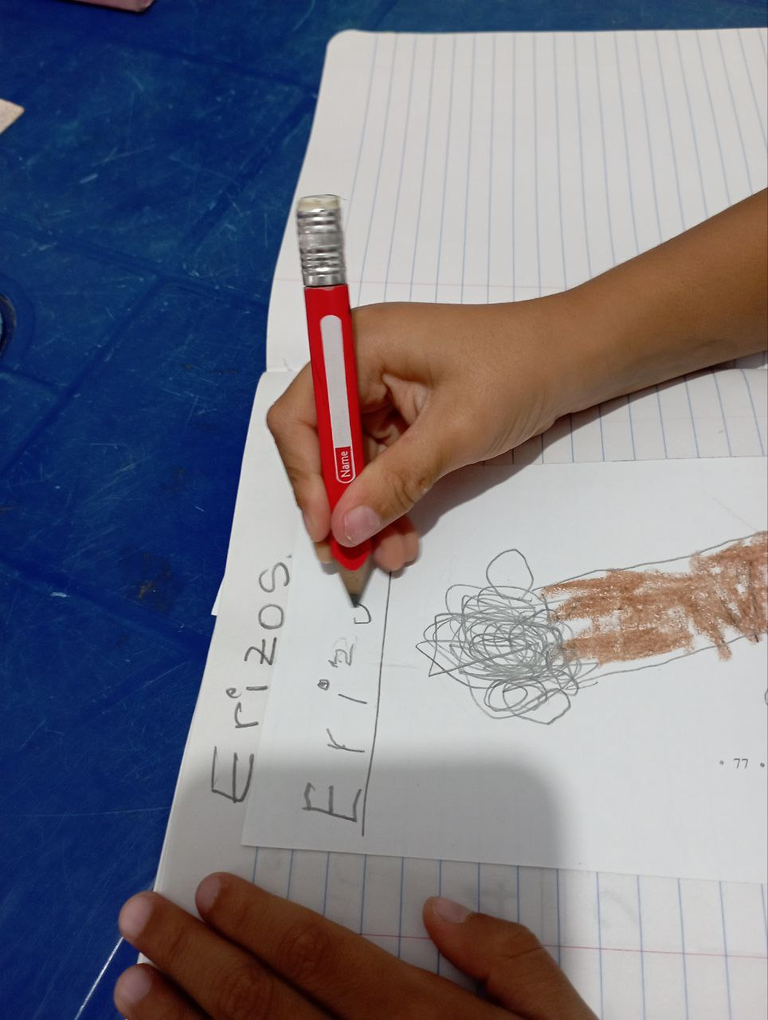

En el TEA, un conjunto de dimensiones o aspectos se encuentran alterados, entre los cuales, las competencias relacionadas a la anticipación y flexibilidad mental y comportamental, entendiéndose con ello, que los niños y personas con esta condición, se caracterizan por su pensamiento rígido o su tendencia por establecer rutinas, es decir, actividades que se repiten constantemente en casa o en el colegio.
Por ello es de suma importancia anticipar un evento nuevo, o todo aquello que arriesgue el control de sus rutinas. Los apoyos visuales, son los grandes aliados para este fin. Es decir, presentar gráficamente, ya sea con fotos, dibujos o imágenes, las actividades que se van a realizar.
Unidad de Alteraciones del Desarrollo (UDAD)La importancia de la anticipación en los niños con TEA
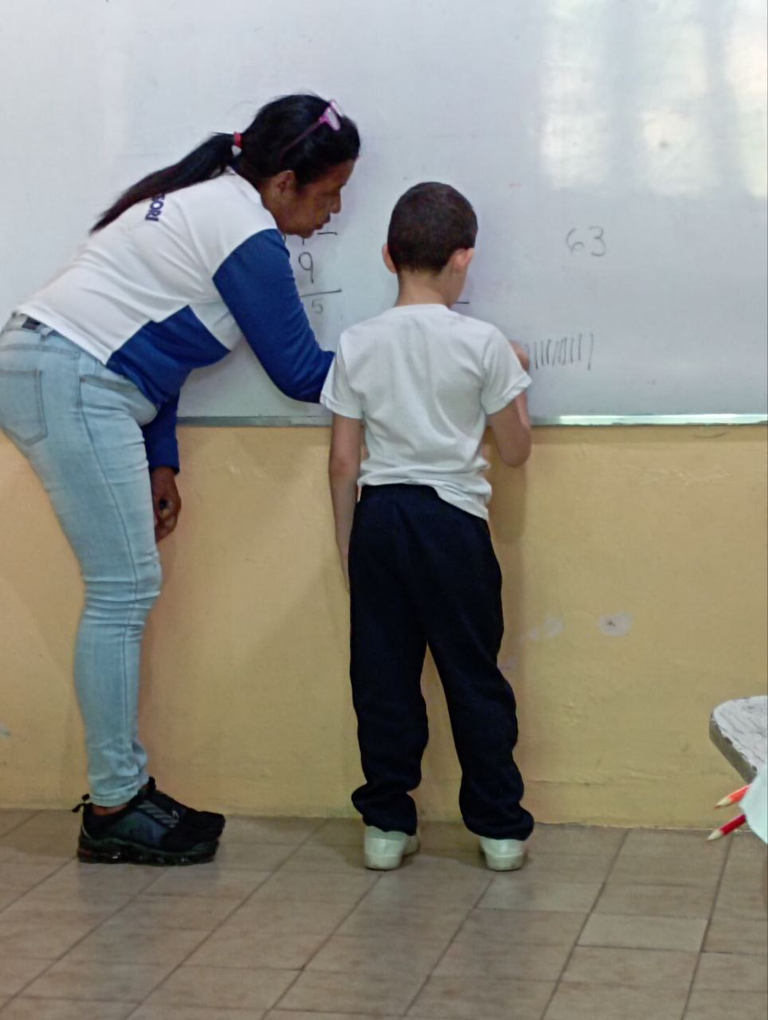

Tanto los niños que van a ingresar por primera vez a la escuela, como los que ya tienen una asistencia regular, el inicio del año escolar representa un evento de estrés emocional y social. Inclusive, para los padres, representantes y familiares, también este nuevo período tiene una carga adicional en referencia a los aspectos económicos; reacomodación a rutinas y nuevos horarios; expectativas sobre la escuela, los docentes y las actitudes de los niños ante estos nuevos eventos.
Las familias de los niños autistas saben que se enfrentan a grande retos que los mantienen en un tenso suspenso hasta que los días venideros transcurran y traigan la calma tan esperada; y estas circunstancias, por más que se quieran evitar, se transmiten a los niños; que en forma similar viven esos días con intensidad, sumado a sus diferencias individuales para encargarse de un evento que, la gran mayoría de las veces, reta sus competencias sensoriales, cognitiva, sociales y emocionales.
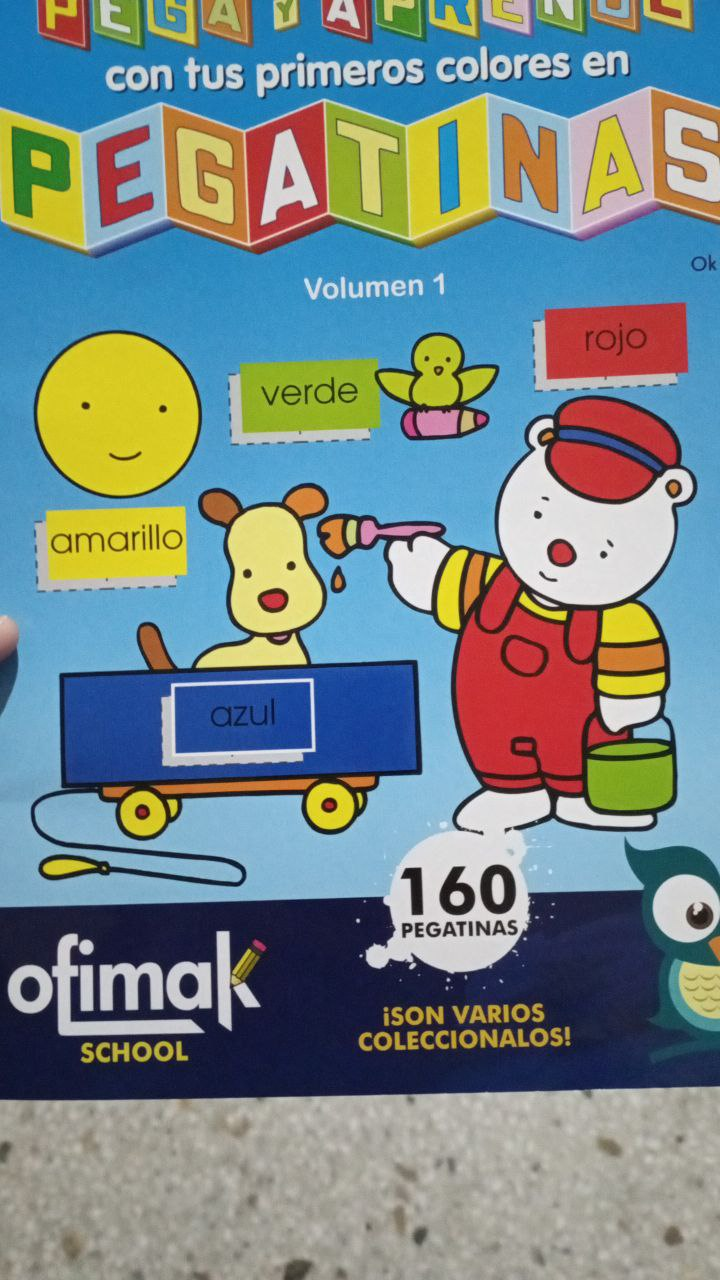

Lucie P. Lawrence, PhD, especialista en Comunicación Familiar y Discapacidad, exponer en el artículo, Garantice un nuevo año escolar sin problemas para su hijo con necesidades especiales de la Autism Society Maryland; artículo originalmente escrito en inglés Esta auto propone algunas pautas generales para niños con discapacidad, partiendo de los niveles de ayuda que sabemos que necesitan debido a las interferencias que presentan en su desarrollo.
A pesar de que el texto no va dirigido específicamente a niños autistas, esta información posee un valor agregado por cuanto nos expone ideas y situaciones en referencia a la participación activa de los padres en la escuela; el tener presente cuáles son los aspectos positivos que realmente funcionan y sirven de apoyo; expone una forma muy creativa dinámicas para que el aula conozca al niño; la importancia de la comunicación en el proceso de socialización; sobre todo, deja manifiesto que en la medida que conozcamos a nuestro niño, podremos ofrecerle las ayudas necesarias sin convertirnos en bastones sociales.
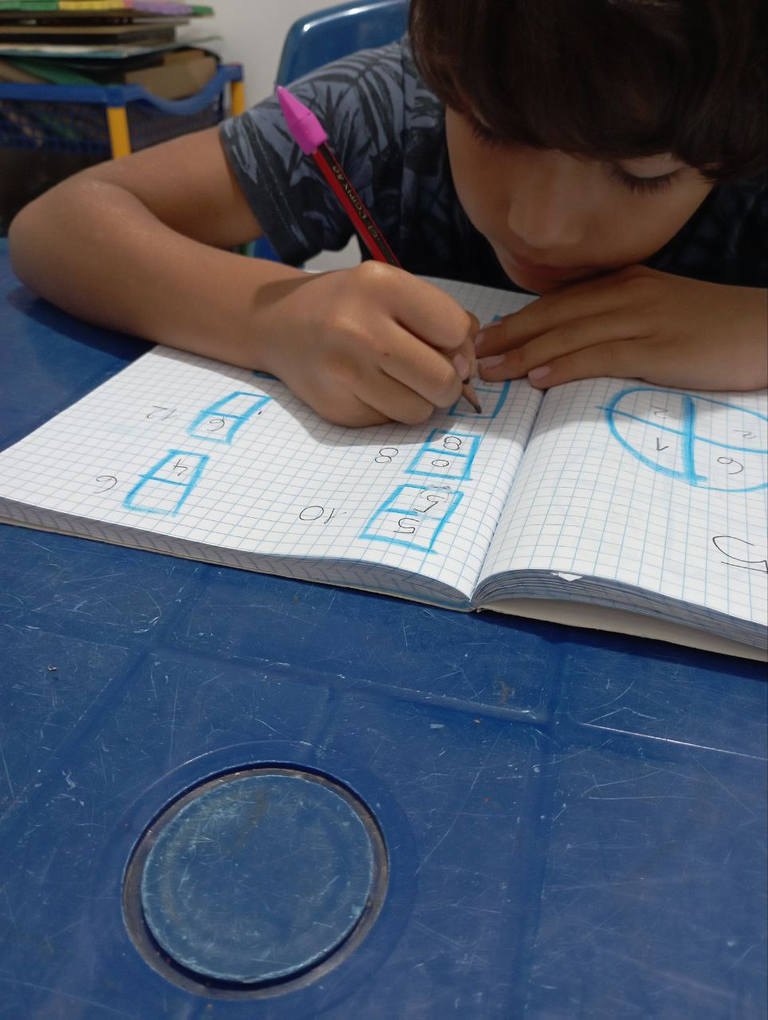

En conformidad con los planteamientos anteriores, me gustaría comentarles algunas actividades que los padres de niños autistas a quienes atiendo en la consulta, realizan previo al comienzo del año escolar, y que me comentan que les ha resultado excelente para abordar en forma propositiva el estrés y la ansiedad, tanto en ellos como en sus niños.
*Visitar la escuela. Antes de comenzar; si no han realizado las inscripciones sería ahora un momento oportuno para hacerlo. Recorrer los espacios, saludar a los directivos, al personal administrativo, a los obreros y docentes. En especial al maestro que se encargará del grado.
*Llevar al niño a comprar los útiles escolares y, en la medida que se pueda, que sea él quien los escoja.
*Igualmente su uniforme, pedir que participe en la escogencia de sus zapatos y otras compras, tanto como sea posible, lonchera, bolso, entre otros.
*Organizar una jornada para proteger (forrar) e identificar los cuadernos, libretas, libros y otros materiales.
*Organizar un horario sencillo donde se demarquen los días de clases, los días de terapias y otras actividades fijas. Además donde se incluya un tiempo para realizar pequeñas tareas y lectura.
*Establecer con anticipación un horario para acostarse temprano y levantarse temprano.
*Si tiene todo con suficiente tiempo, organizar el morral y hacer una lista con lo que debe llevar su contenido, bien se escrita, en imágenes o ambas, pegarla en su sitio visible para que el niño la vea.
*Leer cuantos sobre la vuelta a clases, la escuela y los deberes escolares.
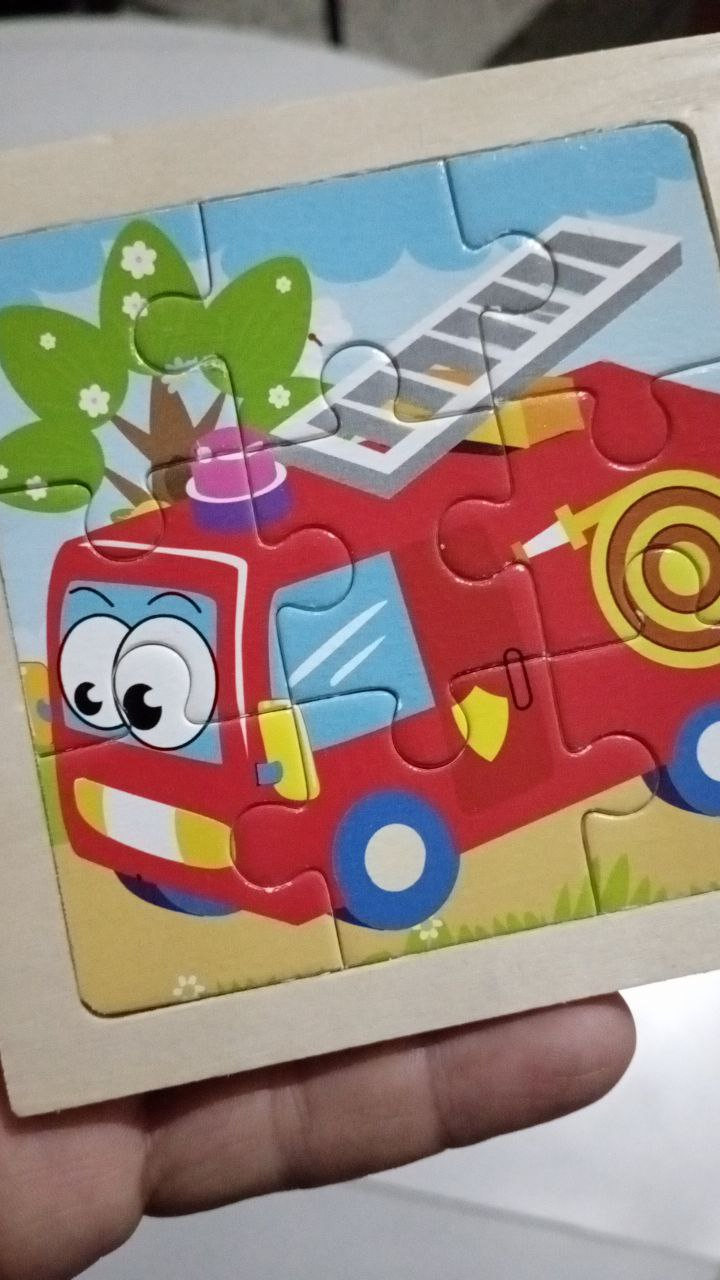

Las recomendaciones de los especialistas son importantes porque se basan en investigaciones cuyos objetivos son principalmente la generación de conocimiento, por medio de la construcción de novedosas ideas para la gestión y solución de problemas prácticos, de la vida diaria; igualmente nuestras experiencias son importantes porque de ellas aprendemos y desaprendemos, para proponernos nuevas prácticas que van mejorando nuestro quehacer diario.
No esperas que el inicio de clases te sorprenda. Desde hoy puedes comenzar a realizar acciones aproximativas como las expuestas u otras que estén en tu rutina o que contemples poner en práctica. Sería muy nutritivo para todos poder leer tus experiencias al respecto. ¡Saludos!

Soy Sandra Cabrera, licenciada en Dificultades para el Aprendizaje, con estudios de postgrado en Educación Especial Integral, Planificación Educativa y Literatura Infantil. Si te interesan los temas sobre educación especial, la discapacidad y las condiciones especiales del desarrollo, puedes contactarme a través de los números 04128032993 y 0412 8333334 y en:
El canal de Telegram, Trastornos del Aprendizaje.
En las redes sociales Instagram y Facebook1 y Facebook2. Sandra Cabrera Psicopedagoga.
En la cuenta de spreaker, @sandracabrerapodcast.
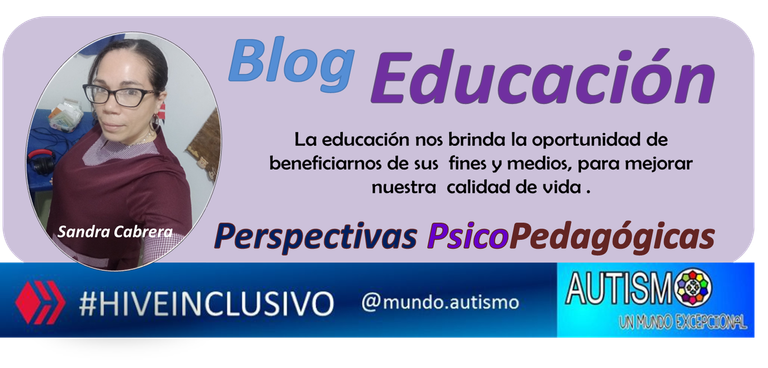
Las fotografías las he tomado con mi teléfono Redmi11 y la traducción la realicé con Google.
Another turn in the calendar and the return to school is just around the corner. It implies that the whole family gets involved, at different levels, in the new routine. For each person, the way they adhere to the new dynamics of the home and school will be different. Just like the anticipation that children with autism spectrum disorder (ASD) need to receive new learning and new routines, today I bring to light in advance some ideas that could be useful to prepare our children for the path back to school. classes._


In ASD, a set of dimensions or aspects are altered, among which, the competencies related to anticipation and mental and behavioral flexibility, meaning that children and people with this condition are characterized by their rigid thinking or their tendency to establish routines, that is, activities that are constantly repeated at home or at school.
Therefore, it is extremely important to anticipate a new event, or anything that risks the control of their routines. Visual aids are the great allies for this purpose. That is, presenting graphically, either with photos, drawings or images, the activities that are going to be carried out.
Developmental Disorders Unit (UDAD)The importance of anticipation in children with TEA


Both children who are going to enter for the first time For those who already have regular attendance, the beginning of the school year represents an event of emotional and social stress. Even for parents, representatives and relatives, this new period also has an additional burden in reference to economic aspects; readjustment to routines and new schedules; expectations about school, teachers and the children's attitudes towards these new events.
The families of autistic children know that they face great challenges that keep them in tense suspense until the coming days pass and bring the long-awaited calm; and these circumstances, as much as they want to avoid them, are transmitted to the children; who in a similar way live these days with intensity, added to their individual differences to deal with an event that, most of the time, challenges their sensorial, cognitive, social and emotional skills.


Lucie P. Lawrence, PhD, specialist in Family Communication and Disability, discuss in the article, Ensure a Smooth New School Year for Your Child with Special Needs from the Autism Society Maryland; article originally written in English This article proposes some general guidelines for children with disabilities, based on the levels of help that we know they need due to the interferences they have in their development.
Although the text is not specifically directed to autistic children, this information has added value because it exposes ideas and situations regarding the active participation of parents in school; keeping in mind what are the positive aspects that really work and serve as support; it exposes a very creative way for the classroom to get to know the child; the importance of communication in the socialization process; above all, it shows that to the extent that we know our child, we will be able to offer the necessary help without becoming social crutches.


In accordance with the above, I would like to tell you about some activities that parents of autistic children who I see in my office do before the beginning of the school year, and that they tell me have been excellent for addressing stress and anxiety in a proactive way, both in themselves and in their children.
*Visit the school. Before starting; if they have not registered, now would be an opportune time to do so. Walk around the premises, greet the directors, the administrative staff, the workers and teachers. Especially the teacher who will be in charge of the grade.
*Take the child to buy school supplies and, to the extent possible, let him choose them.
*Also with his uniform, ask him to participate in choosing his shoes and other purchases, as much as possible, lunch box, bag, among others.
*Organize a day to protect (cover) and identify notebooks, notebooks, books and other materials.
*Organize a simple schedule that marks school days, therapy days, and other fixed activities. Also, include time for doing small tasks and reading.
*Establish a schedule in advance for going to bed early and getting up early.
*If you have enough time, organize the backpack and make a list of what should be in it, either written, in pictures, or both, and stick it in a visible place so the child can see it.
*Read about going back to school, school, and homework.


The recommendations of the specialists are important because they are based on research whose objectives are mainly the generation of knowledge, through the construction of new ideas for the management and solution of practical problems, of daily life; our experiences are also important because we learn and unlearn from them, to propose new practices that improve our daily work.
Don't expect the start of school to surprise you. From today you can start taking approximate actions like those explained or others that are in your routine or that you plan to put into practice. It would be very nutritious for everyone to be able to read your experiences in this regard. Greetings!

I am Sandra Cabrera, a graduate in Learning Disabilities, with postgraduate studies in Comprehensive Special Education, Educational Planning and Children's Literature. If you are interested in topics related to special education, disability and special developmental conditions, you can contact me at 04128032993 and 0412 8333334 and at:
The Telegram channel, Learning Disorders.
On social media Instagram and Facebook1 and Facebook2. Sandra Cabrera Psychopedagogue.
On the spreaker account, @sandracabrerapodcast.

I took the photos with my Redmi11 phone and I translated them with Google.
_____________________
¡Bienvenidas las Delegaciones / Welcome Delegations
Trail de Curación / Curation Trail
Congratulations @sandracabrera! You have completed the following achievement on the Hive blockchain And have been rewarded with New badge(s)
<table><tr><td><img src="https://images.hive.blog/60x70/https://hivebuzz.me/@sandracabrera/upvotes.png?202409150258" /><td>You distributed more than 56000 upvotes.<br />Your next target is to reach 57000 upvotes. <p dir="auto"><sub><em>You can view your badges on <a href="https://hivebuzz.me/@sandracabrera" target="_blank" rel="noreferrer noopener" title="This link will take you away from hive.blog" class="external_link">your board and compare yourself to others in the <a href="https://hivebuzz.me/ranking" target="_blank" rel="noreferrer noopener" title="This link will take you away from hive.blog" class="external_link">Ranking<br /> <sub><em>If you no longer want to receive notifications, reply to this comment with the word <code>STOP <p dir="auto"><strong>Check out our last posts: <table><tr><td><a href="/hive-122221/@hivebuzz/lpud-202409"><img src="https://images.hive.blog/64x128/https://i.imgur.com/pVZi2Md.png" /><td><a href="/hive-122221/@hivebuzz/lpud-202409">LEO Power Up Day - September 15, 2024@tipu curate 8
Sorry, please curate posts not older than 1 day.